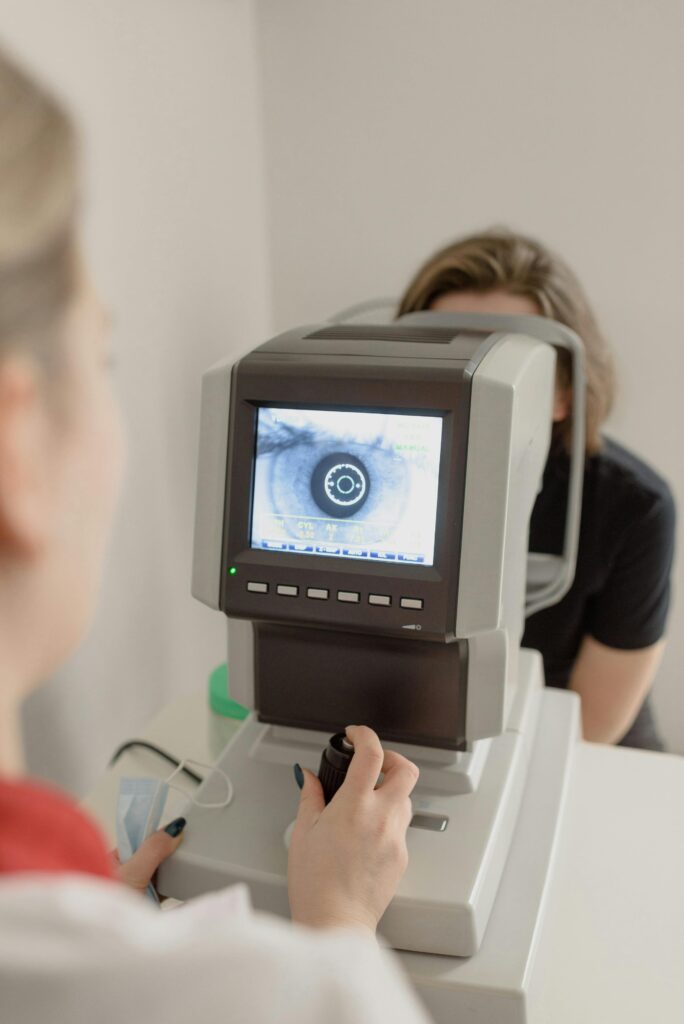Realm Scans Unveiled: What You Need to Know in 2024

In the rapidly evolving world of technology, a fascinating breakthrough has been capturing the imaginations of tech enthusiasts, gamers, and content creators alike. It’s called realm scanning, a revolutionary technology set to redefine our interactions with the digital and physical worlds. This comprehensive guide dives deep into the world of realm scanning, exploring its applications, challenges, and the boundless opportunities it offers.
Understanding the Technology
At its core, realm scanning involves capturing and digitizing physical environments to create detailed, immersive digital replicas.
The implications of this are vast. In industries such as gaming, filmmaking, and content creation, realm scanning opens up a universe of possibilities for more lifelike environments, unparalleled viewer engagement, and storytelling techniques that were previously unimaginable.
Realm Scanning in Gaming
The gaming industry stands at the forefront of adopting realm scanning technology. The streets you roam in a post-apocalyptic adventure might be the very ones outside your door. This level of detail not only enhances the gaming experience but also allows developers to build rich, engaging game environments faster than ever before.
Furthermore, realm scanning holds the key to creating hyper-realistic VR experiences. By scanning real-world locations and objects, VR worlds become more convincing, deepening the sense of presence and immersion—a crucial factor in VR’s effectiveness and appeal.
The Role of Realm Scanning in Content Creation
For content creators, realm scanning is nothing short of a revolution. It enables the production of content that’s deeply immersive and incredibly lifelike, from virtual tours of historic sites to educational content that brings viewers into the heart of the subject matter.
This technology also paves the way for innovative storytelling techniques. Filmmakers and video producers can blend digital and physical elements seamlessly, creating mixed-reality narratives that captivate and engage audiences on a whole new level.

Challenges and Opportunities
Despite its potential, realm scanning technology faces technical and ethical challenges. High-resolution scans require significant processing power and storage, presenting hurdles for widespread adoption. Additionally, questions surrounding privacy and consent in scanned environments highlight the need for clear ethical guidelines.
However, these challenges are paralleled by exciting opportunities. Advances in computing power and cloud technologies are rapidly mitigating technical limitations, while the ongoing dialogue around digital ethics is shaping a framework for responsible use.
Real-World Examples
Several pioneering companies and projects are already leveraging realm scanning in groundbreaking ways. For instance, historic preservation projects are using the technology to create detailed digital twins of endangered heritage sites, offering future generations the chance to explore them virtually. In the entertainment industry, filmmakers are employing realm scanning to blend real and CGI elements seamlessly, opening new frontiers in visual storytelling.
Predictions and Speculations for the Future
Looking ahead, realm scanning technology is set to undergo rapid evolution. We foresee a future where digital twins of entire cities are available at our fingertips, enabling unprecedented planning and simulation capabilities. In gaming and content creation, the line between reality and the digital realm will blur, leading to experiences that are more engaging, interactive, and personalized.

Conclusion
Realm scanning represents a significant leap forward in how we capture, interact with, and conceptualize our world. The technology invites us to rethink the boundaries between the physical and digital realms, offering a glimpse into a future where those boundaries no longer exist.
We encourage our readers to join the conversation, share their thoughts, and envision how they might leverage realm scanning in their own fields. The journey into this new realm is just beginning—are you ready to explore what lies beyond?



